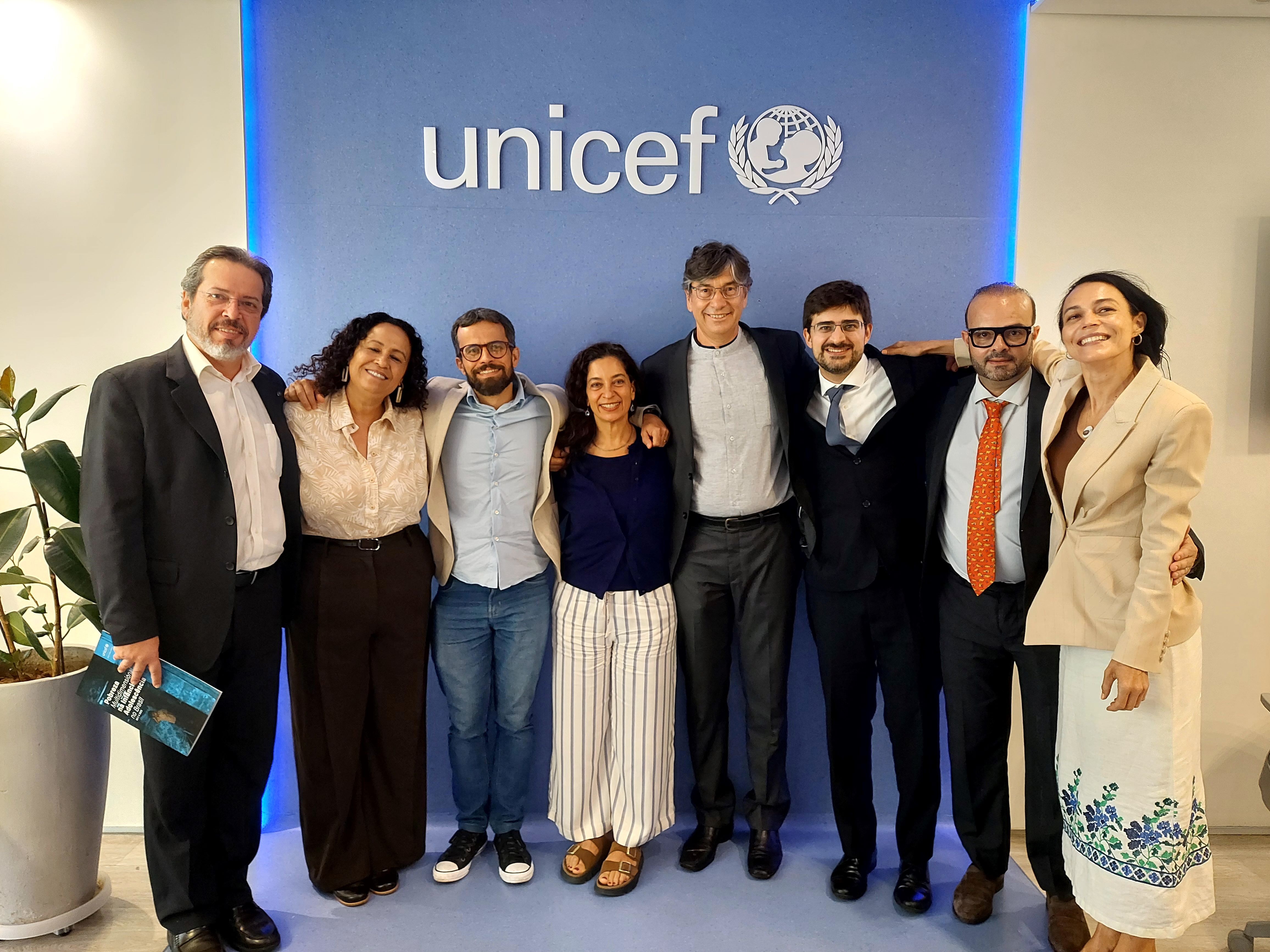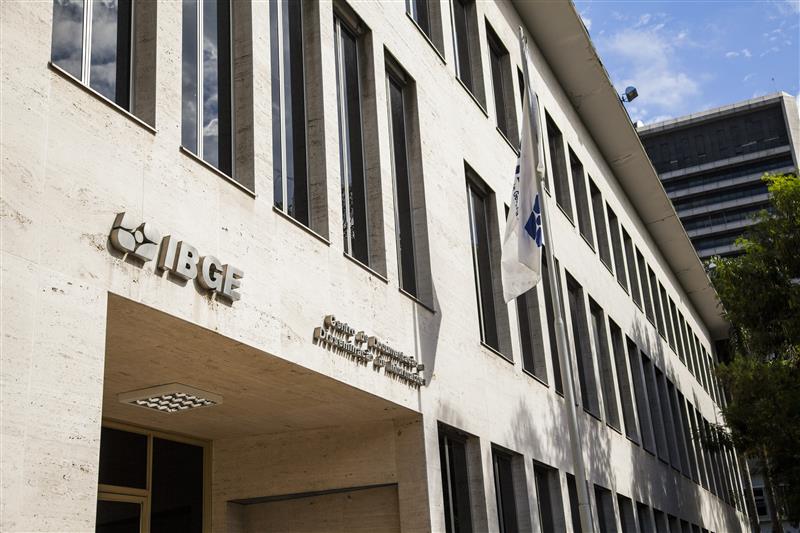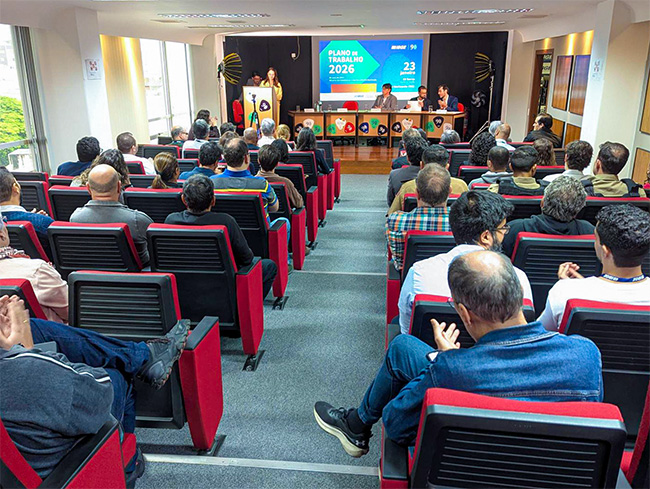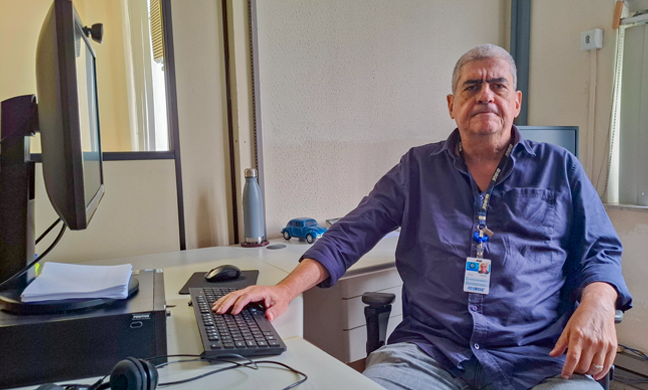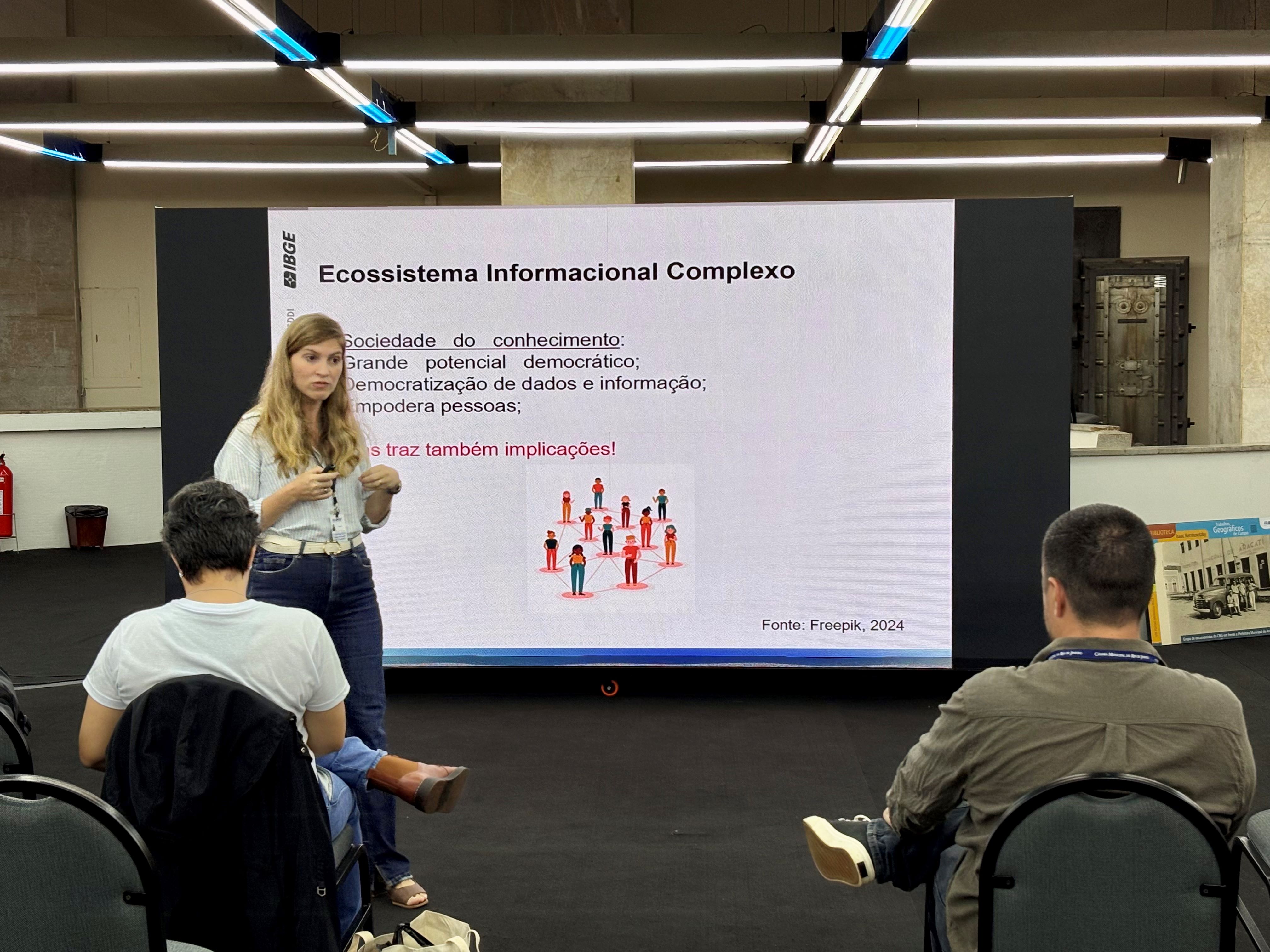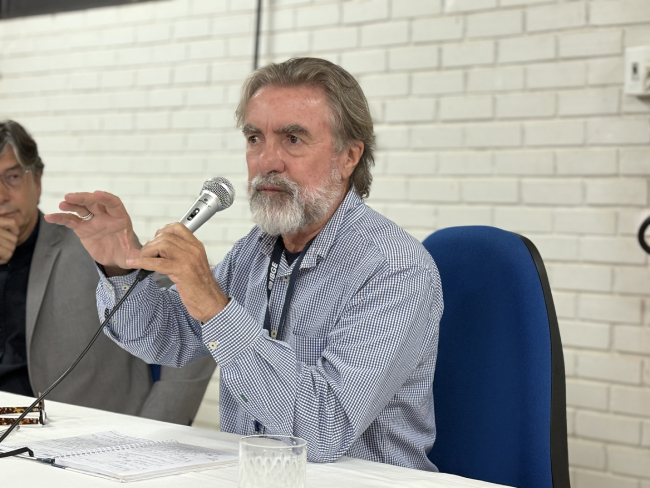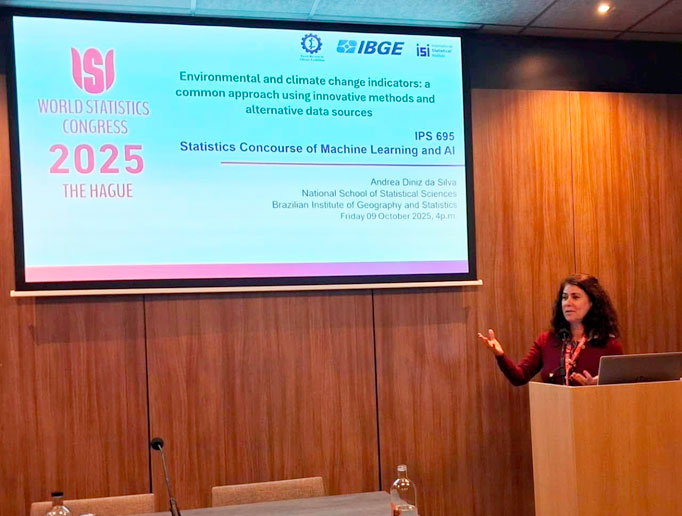International Seminar
Experts discuss new indicators for the IBGE health surveys
December 17, 2018 10h45 AM | Last Updated: December 17, 2018 12h23 PM
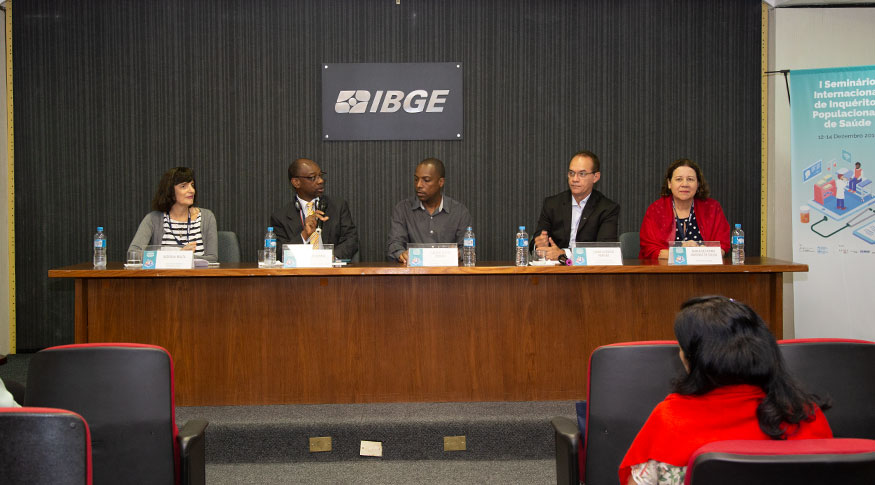
The IBGE, the Ministry of Health and the Federal University of Minas Gerais organized the I International Seminar on Population Health Surveys, hel in Rio de Janeiro, between December 12 and 14. About 50 experts from survey institutes located and from universities located in Brazil and abroad were invited to discuss new indicators for the National Survey of Health (PNS) and the National Survey of School Health (PeNSE), which will be in the field next year and are expected to be released in 2020.
For the coming editions of these surveys the IBGE plans to expand the indicators and deal with topic such as violence against women and minors, and also reproductive health, and health of the elderly and of persons with diasbilities. The latest editions of PNS and PeNSE, released, respectively, in 2013 and 2015, presented data on high blood pressure, diabetes, sedentary lifestyle, smoking, harmful use of alcohol.
In the opening session, Cláudio Crespo, Director of Surveys at the IBGE, highlighted the relevance of partnserships for the construction of surveys: “Having an opportunity like this is of fundamental importance to expand our knowledge about the status of health in and out of the country so that we will prepare our professionals better and also produce information that will really fulfill the population's needs”.
According to the IBGE Labor and Income Coordinator, Cimar Azeredo, who is also part of the PNS and PeNSE managing team, the seminar was an opportunity to gather specialists and create a network aiming at the production and presentation of indicators.
“Today, most natural deaths registered in Brazil are caused by non-transmissible chronic diseases , for example, cancer and cardiovascular diseases and, in this respect, the surveys will enrich the database that the IBGE keeps. Those data are essential for fostering risk prevention and control policies”.
According to the Director ofNon-Transmissible Diseases Surveillance, of the Ministry of Health, Maria de Fátima Marinho, new information will fill a gap now existing in the country's health system. “The few data we have on violence against women, for example, refer to hospital records and statistics from the police. The surveys will provide data that we do not manage to obtain in so much detail as the IBGE does".



